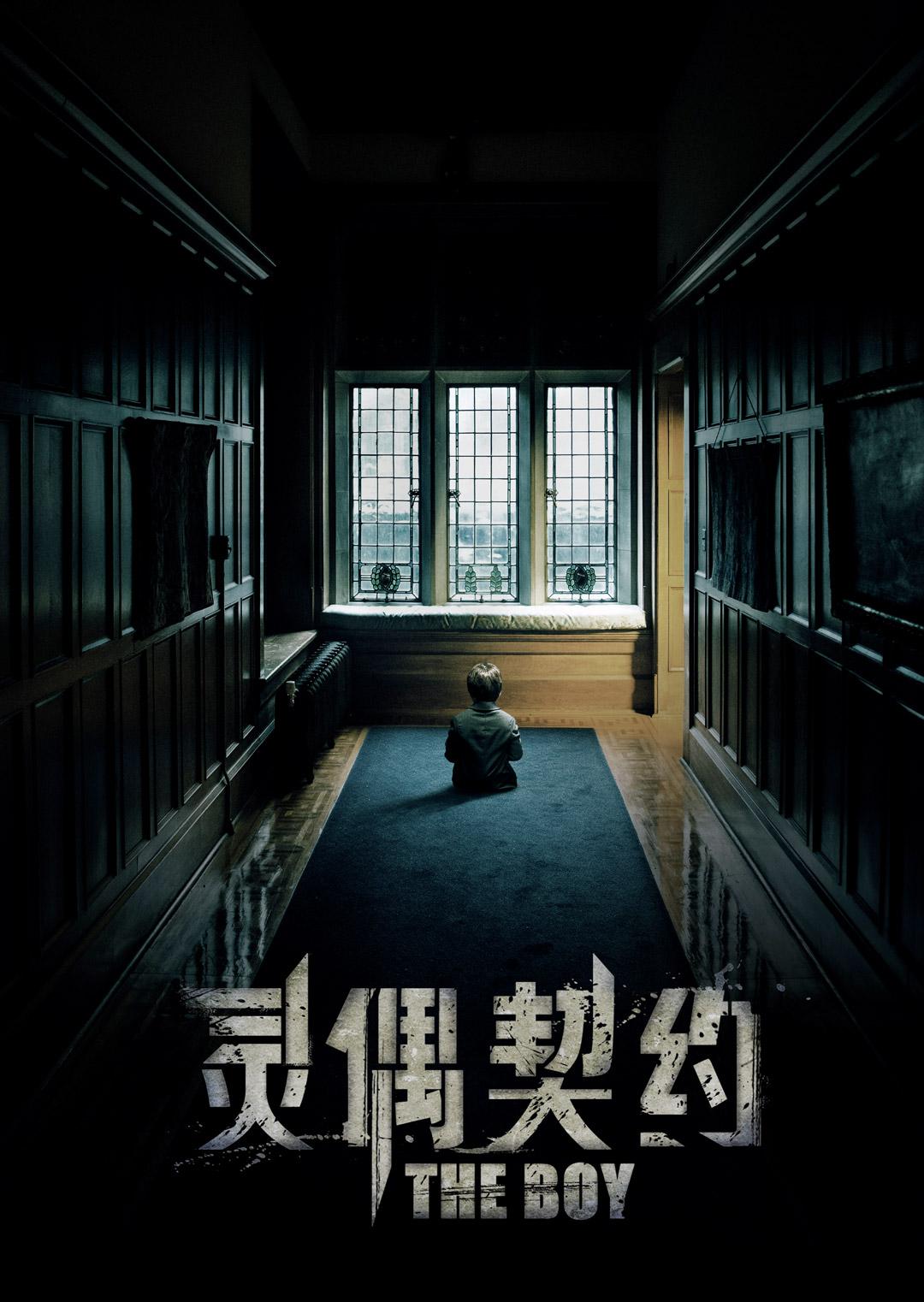一名游牧乐手在婚礼上演奏时爱上了新娘,神马视频 而这场婚礼很快就爆发了冲突,新娘也与家人反目。
一名游牧乐手在婚礼上演奏时爱上了新娘,神马视频 而这场婚礼很快就爆发了冲突,新娘也与家人反目。

回复 :蛤蟆村因高速路占地,有四户人家面临拆迁分配宅基地。为了公平起见,大家同意抓阄分配,然而,老实巴交的村民田胜被四混等人欺负,抓到了一块没人要的烂地。在盖房打井的过程中,田胜家的烂地里打出了温泉,轰动全村。矿主王利明软硬兼施,用各种手段逼迫陷害田胜要他交出温泉;村霸四混找村长要重新分地,并找来打井队要求往田胜家温泉方向打井;妻子夏英十几年不见的老同学忽然找上门来,又送礼又请吃饭,目的是要在温泉开发上分得一杯羹。为了这块温泉大家各怀鬼胎。原本平静生活的田胜一家被折腾的筋疲力尽,眼看妻离子散家破人亡,田胜终于支撑不住,同意交出温泉。但是田胜要求矿主王利明必须将拖欠自己和工友的工资发放,王利明无奈当场兑现,四混还主动将自己最好的宅基地转让给了田胜。就在王利明投入了大量资金与四混招商引资大张旗鼓的开发之际,乡长赶来,大会上,乡长拿出水质化验单,当众戳穿由于王利明铁矿胡乱开采,使温泉水受到了污染,暂时不能开发,必须由王利明治理整顿,达标后方可开发。王利明和四混的如意算盘落空了,迫于压力王利明配合乡政府一起治理污染。田胜一家盖上了新房,重新回归自己平静的生活。
回复 :电影导演莎莉(莎莉·波特 Sally Potter 饰)在创作新剧本时遇到了灵感堵塞,她烦恼不已,却又无济于事。在观看一场激情肆意的探戈舞演出后,莎莉被深深感染,仿佛找到了一些灵感。她决心暂时抛下工作,开始学习探戈舞。她去巴黎旅行遇上了有名的探戈舞者帕布罗,被他的舞蹈所吸引。于是提出让他在自己的下部电影里演出,以帕布罗教她跳舞作为交换条件。莎莉越来越沉迷于探戈舞,在与帕布罗学习探戈的过程中,他们彼此爱上了对方。但来自不同文化背景的两人,性格有着极大的反差:来自南美的帕布罗有着强烈的控制欲,他习惯掌控选舞、音乐等一切细节,甚至包括与莎莉的爱情;而作为女性主义者的莎莉却是决定帕布罗参与她的影片的关键人。两人之间的关系时而紧张,时而悠然,一场爱情之战悄悄开始。
回复 :冲野瞳(原田知世 饰)是一名17岁的女子高中生,在学校里,瞳加入了摄影部,一天,瞳带着她的相机前往钱仓,准备拍下那里动人的初春景象。在钱仓,瞳偶然邂逅了一位名叫川(田中邦卫 饰)的男子,虽然川怎么看都只是一个非常普通的中年人,但瞳却对川的存在格外的在意。在川的邀请之下,瞳和川一起出席了一场舞会,这里让人迷醉的成年人的世界的气息,令瞳的脑袋渐渐的开始不清醒。随着时间的推移,瞳和川的关系在不断的发展着。瞳的母亲在很早的时候就离开了瞳,一天,正在收拾母亲遗物的瞳,震惊的在其中发现了川的照片,这个男人究竟是谁?
